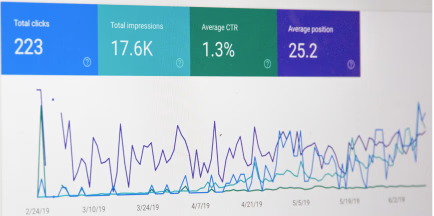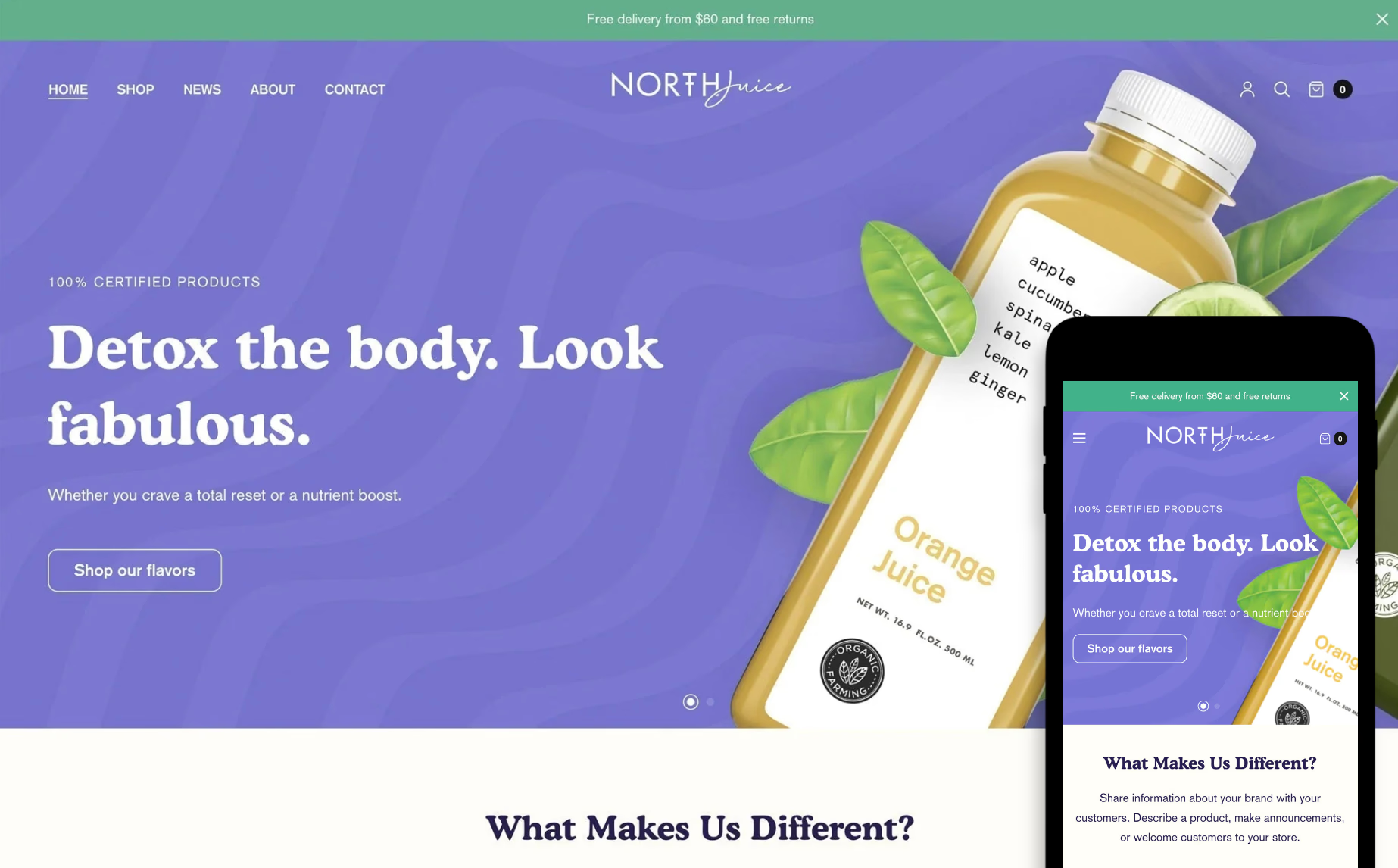Digital Experts NYC
Trusted Web Design
& Development Agency 
Novateg is a full-service digital marketing studio creating beautiful digital experiences and products.
About novateg
Novateg, an award-winning Digital Marketing Agency, is a full-service creative studio dedicated to crafting exceptional digital experiences and products. Our primary focus is on providing top-tier Digital Marketing services, specializing in branding, design, and engineering.
- We're Creative
- We're Punctual
- We're Professional
- We're Honest
- We're novateg

Established in 2018
We believe that everything should be not only functional but also aesthetically pleasing.

Services
We harness power of design to tackle complex challenges and nurture business solutions.
Industries

We excel in creating outstanding work and collaborations, boosting brands and businesses, including Shopify, in the evolving digital world.









